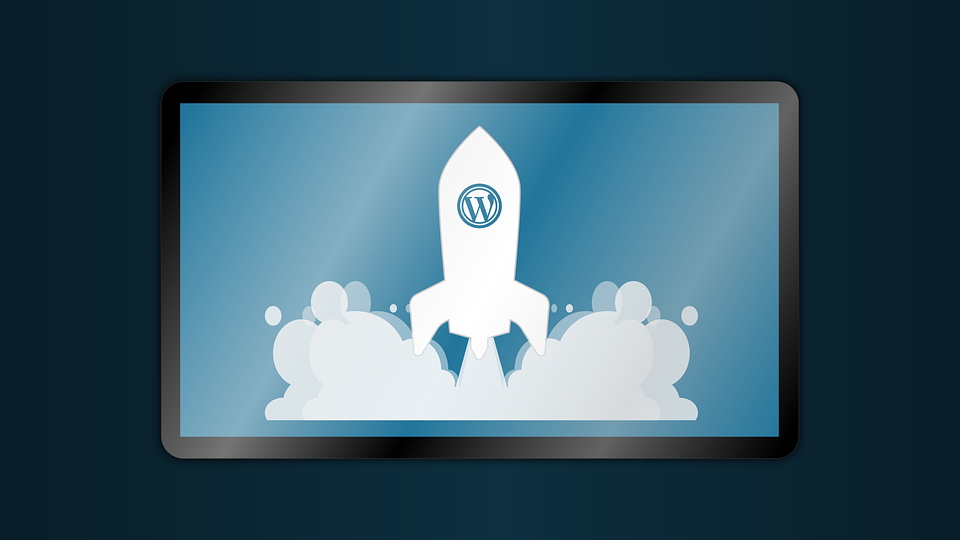
Looking for a website developer to help build a new website?
Beginning to wonder what CMS (Content Management System) will be the best choice for your business?
Today, we will take a quick look at 3 of the most popular CMS platforms available, Drupal, Joomla and WordPress. All three are known as open-source software, meaning they are developed and maintained by a huge tech community, and are free to download.
Drupal, WordPress, and Joomla Development Services also benefit from their open source roots as they are each continuously being improved to support new technologies and business needs, and an ever-expanding variety of modules, plug-ins, and add-ons, supplied by their respective developer communities.
However, don’t be tricked into thinking these are like for like platforms and identical in what they offer. Whilst there are basic similarities between these CMS platforms, each offers different options and suit specifics needs better than the other. WordPress is great for basic sites, is typically very cheap in terms of development effort and has a very user friendly CMS interface. Drupal is better suited to more complex, bespoke websites scoped for scalability and comprehensive content organisation. Joomla sits in the middle of these two choices.
We have created a quick chart below comparing the 3 platforms, and outlining key differences.
| Drupal | Joomla | WordPress | |
| Overview | Powerful, developer-friendly CMS for complex websites. Requires skilled developers with strong web development expertise and experience. | Firm middle ground between developer-oriented advanced capability of Drupal, whilst user-friendly but able to deliver more complex sites than WordPress. | Started life as an easy-to-use blogging platform. Now has a huge variety of plug-ins, widgets, and modules. Is becoming stronger and more advanced by the month. |
| Ease of Use | Requires the greatest amount of technical expertise of the three platforms. However, is capable of producing the most advanced websites of the 3. | More complex than WordPress, less than Drupal. Still requires solid development skills to achieve good results. | Easiest of the 3 to use. Development skills still required if you are looking for a professional, polished outcome. |
| Features | Powerful grouping and organizational ability to tag, categorize and arrange complex content. | Originally designed to operate as a community platform, with a focus on great social networking features. | Feature rich, and powerful enough to build good quality sites, fast. Has a very friendly user interface in the CMS, hence handover to clients for ongoing management is typically smooth. |
| Best Use Cases | For complex and advanced websites. Websites requiring complex content organisation. Handles multi-tenancy, currency and language needs quite well. A good option for lower end eCommerce also. | Greater content and structure flexibility than WordPress, with easy, intuitive usage. Good for low end eCommerce sites, larger static/brochure style sites, or Social Networking focused solutions. | Ideal for fairly simple web sites, such as everyday blogging, news sites, and simple websites free from complex transactions or functions. Can handle very simple eCommerce solutions also if budget is a consideration. |
Are you looking for Drupal, WordPress, or Joomla Development Services? Contact our friendly team today to discuss your website development project.





